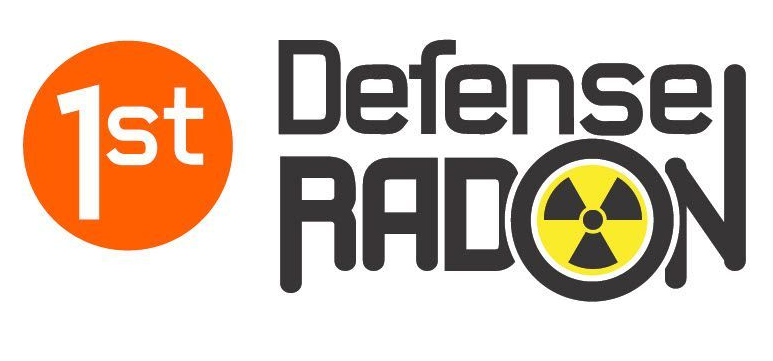frequently asked questions
What is radon, and why is it dangerous?
Radon is a colorless, odorless gas formed from natural uranium decay in soil and rock. Long-term exposure increases lung cancer risk. Professional testing is the only way to detect radon and protect your home’s indoor air quality effectively.
How often should radon testing be done?
The EPA recommends testing every two years or after major home changes, such as renovations or HVAC updates. Seasonal changes and soil conditions can affect radon levels, making periodic testing essential to maintain ongoing indoor air safety.
What areas of my home are tested for radon?
Testing is typically done in the lowest livable area of your home, such as a basement or ground floor. These spaces are most vulnerable to radon entry due to their proximity to soil and foundation contact points.
How does a radon mitigation system work?
A radon mitigation system uses a fan and venting pipe to draw radon gas from beneath your home’s foundation and release it safely above the roofline. This process prevents radon from entering your living spaces, reducing indoor levels.
Will a mitigation system affect my home’s appearance?
Mitigation systems are designed to be as discreet as possible, with vent pipes typically installed along exterior walls or through attics. Our team ensures installations blend with your property’s structure while maintaining full functionality and compliance.
How long does radon mitigation installation take?
Most residential mitigation systems are installed in one day. The timeframe can vary depending on home size, foundation type, and specific requirements. We prioritize efficiency while ensuring the system is built to provide long-term, reliable radon reduction.
Do mitigation systems require maintenance?
Yes, systems require occasional maintenance, typically involving fan inspection and performance checks. We recommend annual inspections to ensure continued efficiency and to verify that radon levels remain within safe limits, protecting your home’s indoor air quality year-round.
Can new homes have radon problems?
Yes, radon can affect homes of any age, style, or location. Even new builds can have high radon levels if the underlying soil contains uranium deposits. Testing is essential to ensure safe living conditions from the start.
